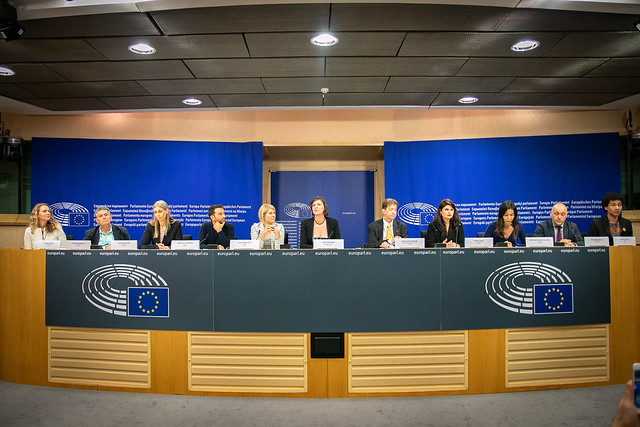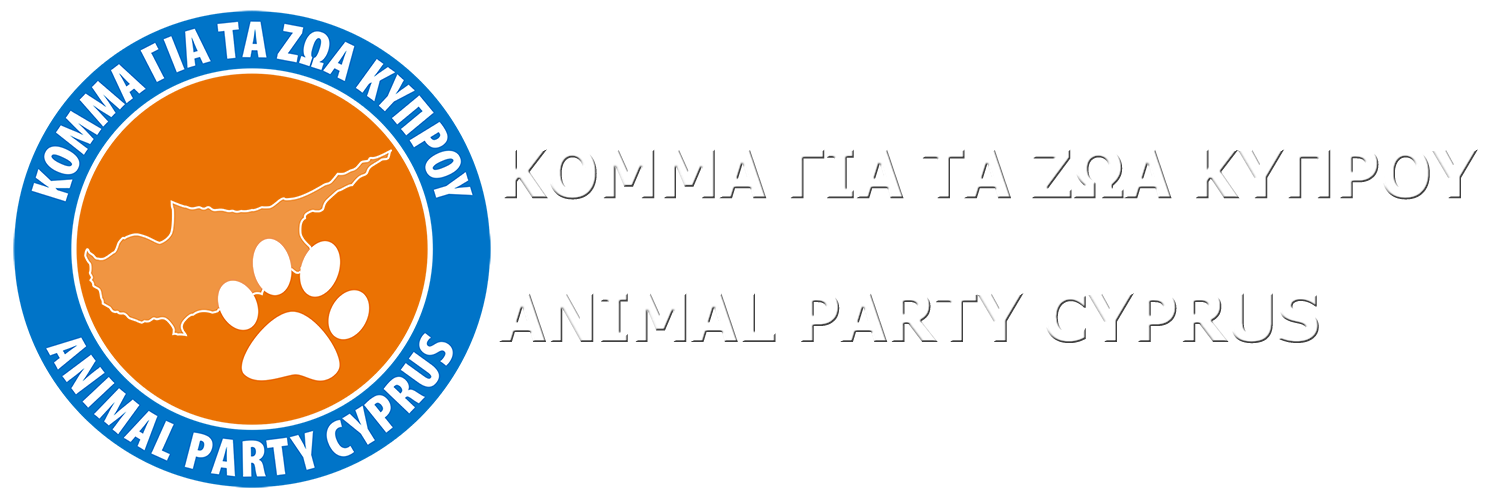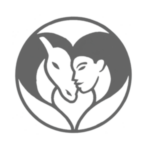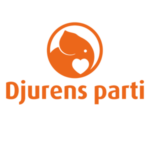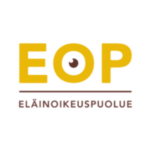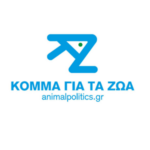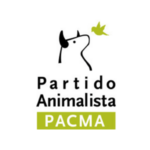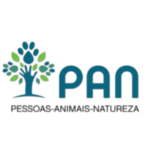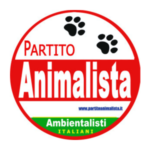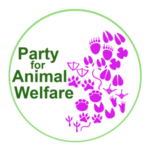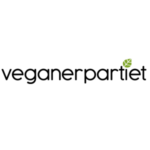Europe
EUROPEAN ANIMAL POLITICAL PARTIES: GROWING FAST ON THE EUROPEAN POLITICAL SCENE
Massive new problems called for a new kind of political Party
Over this half-century, however, a new holocaust was rapidly developing, today reaching unprecedented levels of abuse and torture of the fellow beings with whom we share our planet. Massive industrial production units where pigs, cows, chickens, turkeys spend horrific short existences are now the norm. But what goes on inside these factories and – worse still – the horrors of the slaughterhouse, have been revealed to the public via undercover film footage carried out by animal rights organisations. Growing numbers of animal-loving individuals – and even just decent people – have been outraged.
And still no action for companion animals
In addition, many are disappointed and find it totally unacceptable that the EU Commission still refuses to address the problem of Europe’s large homeless and abandoned cat and dog population (since it does not affect trade or ‘proportionality’).
The EU’s notorious CAP (Common Agricultural Policy) can spend 60 Billion Euros per year subsidizing industrial factory animal-rearing practices; yet funds cannot be assigned to a Pet Population Control programme! This in spite of urgent calls by both MEPs and citizens to prioritise the welfare of animals.
So, just as the Green movement came into being as awareness of planetary destruction was growing, in a similar manner the Animal Party movement has come into being in response to the animal holocaust, and has speedily grown.
Once more, Germany was a pioneer with the founding in 1993 of the Human Environment Animal Welfare Party (Partei Mensch Umwelt Tierschutz). The movement then saw a strong Party emerge in the Netherlands with the creation of the Party for the Animals (Partij voor de Dieren) in 2002. Other countries rapidly followed: Spain, Canada, UK, Italy, Portugal, Australia, Denmark, USA, Sweden, Turkey, Cyprus (2014) and Finland (in chronological order). The first move towards coalition came rapidly, with the Euro Animal 7 Group in 2014. The Animal Party Cyprus was present at this event, in Belgrade.
Many are adopting new, healthy and ethical values
Here in Cyprus, it might be surprising to some to find a fairly strong community of young (and not-so-young) Cypriots who have adopted enlightened values, rejecting totally the centrality of the slaughterhouse or of greed-motivated business to their lives. Picnics held by those who have adopted a plant-based diet are well-attended. Add to those numbers people who describe themselves as ‘vegetarian’, as well as those who are attempting to move towards a compassionate diet, not to mention an army of pet lovers and pet rescuers, and you have a sizeable group who are dedicated to eradicating cruelty, and who see this as a priority.
Making history – fast
History was made in 2014 with the election of two Animal Party Members (MEPs) to the European Parliament (Netherlands and Germany).
It should be noted that, historically, major change did not occur in the fights against racism and sexism. Only when the fight is taken to the political level did slaves in America win their rights, or women win the right to vote. The Animal Parties are now taking the fight against SPEIESISM on to the political level.
Thinking people want change
The list of notable thinkers who can be quoted is endless, but in using the term ‘animal holocaust’ for lack of a better one, prominent Jewish thinkers have expressed their conclusions. Isaac Bashevis Singer, who received the Nobel Prize in Literature in 1978, made the comparison in several of his stories; in one the protagonists says “In relation to [animals], all people are Nazis; for the animals, it is an eternal Treblinka
Edgar Kupfer-Koberwitz, a pacifist, conscientious objector and Holocaust victim who was sent to Dachau for “being a strong autonomously thinking personality”, wrote in his “Dachau Diaries “I have suffered so much myself that I can feel other creatures’ suffering by virtue of my own”. He further wrote, “I believe as long as man tortures and kill animals, he will torture and kill humans as well—and wars will be waged—for killing must be practiced and learned on a small scale”.
Why worry about animals when humans are suffering?
This is now understood to be a false question, even by agencies such as the EU, FEV, etc.
Raising animals in crowded, inhumane conditions can only be done using antibiotics to keep them alive. Thus we see diseases that are resistant to antibiotics; this a a major concern that has led to the ONE WELFARE ONE HEALTH initiative. When animals suffer, humans suffer. It is known that acts of savagery inflicted on animals is closely connected to such crimes being perpetrated on humans: Cyprus has seen massive public demonstrations in response to acts of savagery committed on dogs.
Heavy use of pesticides and chemical fertilizers, while destroying the soil, also damage the human body.
FAO/OIE/WHO Tripartite Alliance
Within the framework of the Tripartite Alliance, FAO, the OIE and WHO recognise their respective responsibilities in fighting diseases, including zoonoses, that can have a serious health and economic impact. They have been working together for numerous years to prevent, detect, control and eliminate disease risks to humans originating directly or indirectly from animals
Three priority areas of work were defined: zoonotic influenzas, rabies and the fight against antimicrobial resistance.
Unethical agriculture is fast destroying peoples’ (and animals’) environment
Humans have already cleared 70 percent of all grasslands, half of all savannas, 45 percent of temperate deciduous forests and 27 percent of tropical forests. In addition, intensification of agriculture—changes in irrigation, fertiliser use and other practices aimed at boosting per-acre yield—has increased water pollution, local water shortages and energy use. Strikingly, agricultural activities such as clearing land, growing rice, raising cattle and overusing fertilizers make up the single largest contributor of greenhouse gases to the atmosphere. Abuse of animals= destruction of our living planetary home.
The situation is urgent
With human population growing at a rate of approximately 78 million people per year with over 7 billion people living on the planet today and estimates reaching between 8 and 11 billion by 2050 and up to 15 billion by 2100, humanity faces perhaps our greatest challenge of keeping fed while keeping a healthy, productive foundation to feed ourselves.
13
Animal Political Parties
in Europe
